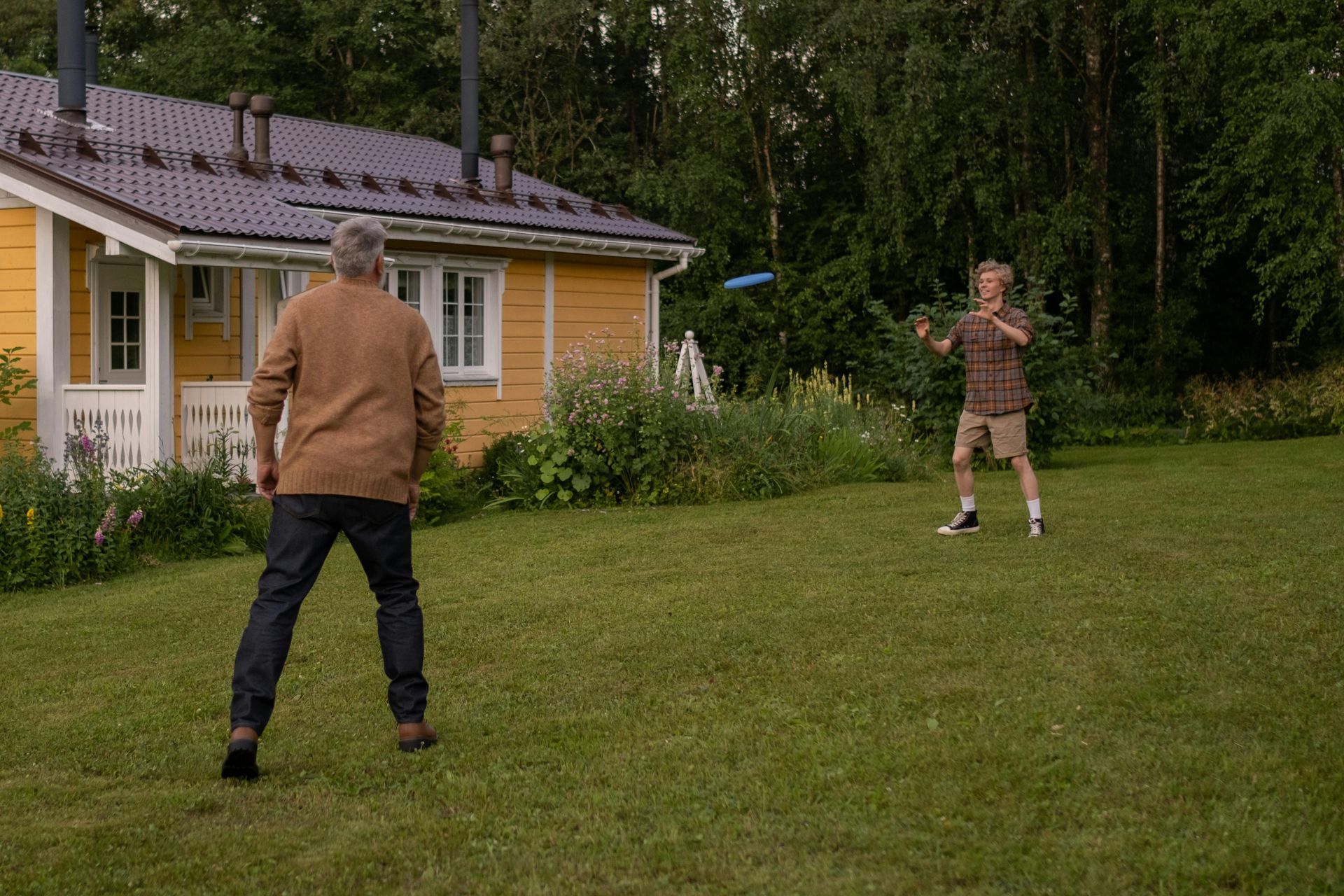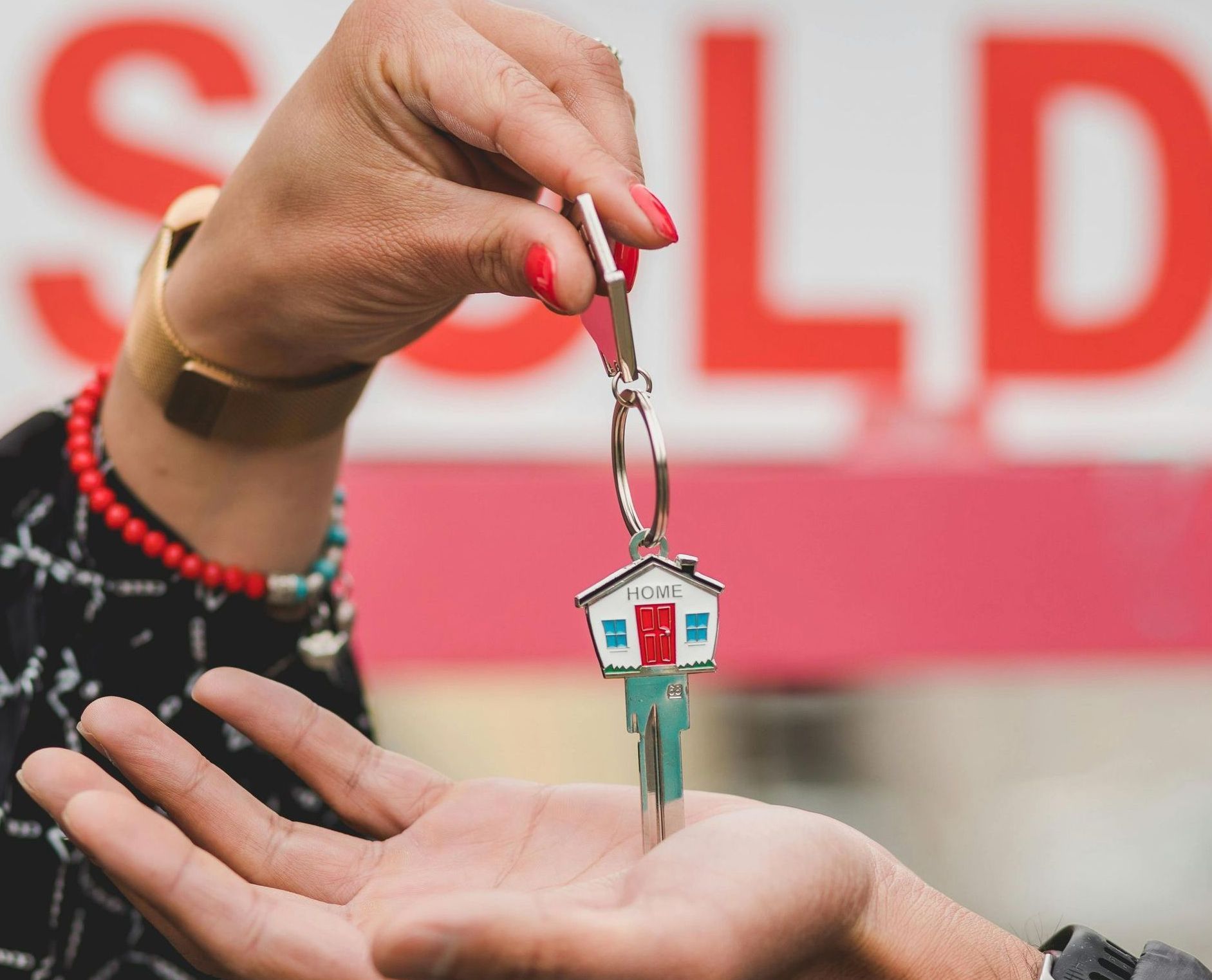Accidental Landlords: A Growing Trend in Dallas-Fort Worth, Texas
The Dallas-Fort Worth real estate market is an exciting place where savvy new investors, turning a house into a source of long-term wealth.

Accidental Landlords: A Growing Trend in Dallas-Fort Worth, Texas
A new kind of landlord is emerging in the Dallas-Fort Worth (DFW) area: the accidental investor. These individuals often find themselves unexpectedly owning rental properties, typically through inheritance or by choosing to lease out a previously owned home. A unique combination of economic and demographic forces specific to the DFW market drives this trend.
The Inheritance Factor
A major driver is the generational transfer of wealth. As Baby Boomers pass on, their children—mainly Millennials and Gen Xers—are inheriting homes. Many of these properties were purchased decades ago at lower prices and are often mortgage-free, making them perfect for rental income.
Instead of selling, heirs frequently decide to rent out the properties. Sure, emotional attachments to a childhood home can be a factor, but financial reasons are also compelling. Selling an appreciated property can trigger significant capital gains taxes. By renting it out, owners can generate passive income while deferring these tax burdens. With DFW's strong real estate appreciation and high demand for rentals, holding onto these properties is a financially responsible choice.
Moving, Not Selling Out
Another significant group of accidental landlords is residents who move to a new home but decide to keep their old one as a rental. DFW's rapid population growth and robust job market, fueled by corporate relocations, have many professionals and families moving to larger homes in suburbs like Frisco, Flower Mound, North Dallas, Denton or North Fort Worth. They often hold onto their original homes in urban areas.
The decision to rent instead of sell is a smart one, given the current market's dynamics and interest rates. Selling a home involves substantial transaction costs, which can be a turn-off. On the other hand, the demand for single-family rentals is high, and rents have been climbing. For example, a home in a more affordable area like Fort Worth can easily generate enough rent to cover a low-interest mortgage, creating a profitable situation for the owner.
DFW Metroplex: Ideal Conditions
The DFW Metroplex's market conditions create an ideal environment for this trend. With a population projected to top 9 million by 2030, the region’s diverse economy ensures a continuous need for housing. Submarkets like Frisco, Allen/McKinney, Flower Mound, and Euless are attractive to these new landlords due to strong rental demand and rising rents. The region's overall reputation as a top market for real estate investment further validates the choice to become a landlord.
Navigating the New Investor Role
Becoming an accidental landlord comes with challenges, deferred maintenance on older homes. However, opportunities exist for those who are prepared. New landlords can:
- Research the market: Identify high-demand areas to maximize rent and occupancy.
- Hire professionals: Property management firms manage everything from rent rates, tenant screening, rent collections, client communications, proper tax paperwork, and maintenance, thus simplifying the process.
- Plan for taxes: Consulting with a tax professional is essential to maximize deductions and explore options like 1031 exchanges.
- Make upgrades: Investing in renovations can boost rental rates and attract higher-quality tenants.
The Dallas-Fort Worth real estate market is an exciting and dynamic place where ordinary residents are becoming investors, turning a house into a source of long-term wealth.
Locke Property Management can help with this transition.
Give us a call at 817-631-3233 and let us walk you through the in’s and out’s of becoming a new landlord.




